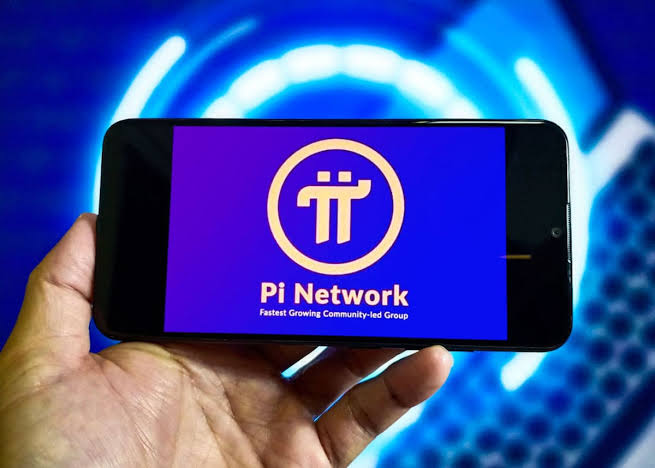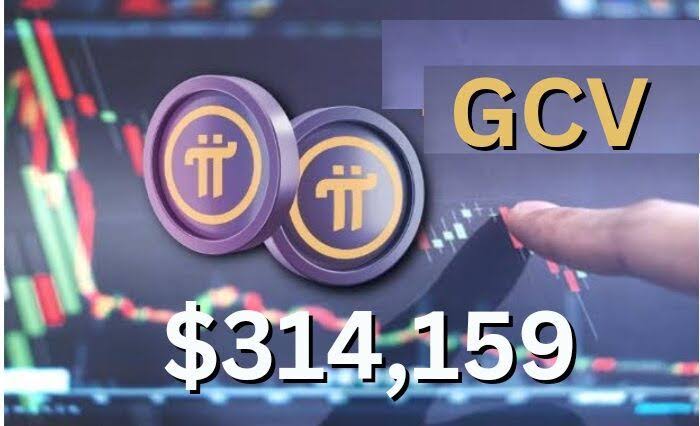Bitcoin and cryptocurrencies are supposed to be a gateway that gives the unbanked access to the world’s financial system. Yet crypto startups, trying to adopt and promote those same ideals through the way they conduct business, are finding it challenging to access traditional financial services and payment processing.
After all, most banking institutions still won’t provide services to companies operating in the crypto space. While those banking institutions may recognize the opportunity to continue earning fees and interest off of those crypto companies, many of them still view crypto as high risk, and a threat to the business models that traditional institutions are built on.
While hundreds of smaller banks intend to offer crypto to their customers as a way to hold onto some of the transactions they see heading to Coinbase, Kraken and the like, major banks like JP Morgan and Bank of America still aren’t serving retail customers or crypto-related businesses.
Thirteen years after the Bitcoin whitepaper was published, Mastercard, a company with more than 2.8 billion cards activated around the world, announced just this October that banks and other financial institutions doing business with the company will soon be able to offer crypto services. Until now, those businesses simply couldn’t get access to banking.
The reality, however, is that cryptocurrencies and blockchain technology can’t be stopped. Financial institutions that recognize this are future-proofing their businesses and avoiding being left behind.
That future is here – but the ongoing battle between what formats of money will survive in the long run continues, and it’s abundantly clear that crypto payments are eating away at the antiquated financial system that has dominated the last 150-plus years.
Exchanging value is becoming a question of formatting and mechanics
Crypto protocols, exchanges and decentralized applications are going to be the foundational formats for facilitating transfers of value and using the digital currency of the coming Web 3.0 revolution. With apps and decentralized solutions growing in size and scope – and accelerating in terms of shifting more and more value away from traditional financial institutions – using a bank account is becoming archaic.
It seems inevitable, then, that banks-as-middlemen will become obsolete in the new payment ecosystem.
A growing list of bitcoin treasuries continue to blur the lines between traditional finance and crypto
The Coinbase IPO is one of the biggest crypto stories of 2021. The company currently has a market capitalization of over $66 billion and is one of the clear front-runners in the crypto industry. At the same time, fellow crypto exchange Kraken is now one of the first crypto exchanges to ever gain status as a chartered bank in America.
With all the money printing governments are doing to cope with the fallout resulting from the global coronavirus pandemic, it’s not surprising that publicly traded companies (whose core businesses are not necessarily connected directly to cryptocurrencies) would also get in on the fun and start adding crypto assets to their cash reserves as a way to hedge risk both in the short and long term.
Melding together the past and the future is going to take time
Time and time again, media outlets and governments talk about the importance of regulating the crypto industry as a key part of leading society into the future. But it takes more than a clear-cut regulatory framework to provide crypto startups with a proper off-ramp that connects them back to traditional finance.
Blockchain technology itself needs to advance. Yes, it’s true that the Bitcoin whitepaper is more than 13 years old, but projects are still facing significant challenges when it comes to interoperability, scalability, usability, data rights and security.
Until the Web 3.0 world reaches a point where blockchains can easily communicate with one another and transactions can scale to the millions per second – in addition to smart contract issues, rug pulls and other security issues becoming a thing of the past – pushing forward the notion that banks and crypto startups can work together seamlessly will still just be a hope rather than a reality.
Making crypto truly mainstream means sparking a generational revolution. And the truth is, central bank digital currencies (CBDCs) and traditional fiat banking systems are going to have to be involved in that process – and that’s going to take some time.
Not just because payment technologies need to be updated constantly and the world of crypto is always evolving, but because disruptive technologies interrupt what people are used to, and push them outside their comfort zones. Doing that with money is certainly a tall task.
BVNK’s role in helping crypto startups stay connected with traditional finance
Helping crypto startups stay connected to the traditional banking system is one of the keys to fostering mass adoption and creating a seamless customer experience that will change the way the world fundamentally views banking services.
BVNK is a digital asset banking platform dedicated to helping companies establish crypto treasuries and allowing them to become a bigger part of the crypto revolution.
“In a world of low-interest yields and outdated infrastructure, digital assets are rapidly increasing in appeal,” said Jesse Hemson-Struthers, BVNK’s CEO. “Unsurprisingly, there is a clear appetite among mid-market enterprises for financial services rooted in the world of cryptocurrencies. It will take time, however, before mainstream banks incorporate digital assets.”
BVNK is going to help crypto startups and traditional financial institutions move into the future by removing the barriers that prevent them from realizing the benefits of cryptocurrencies. Until now, using cryptocurrency financial services has required an in-depth knowledge of the space and technical expertise. BVNK transforms this experience, making it more accessible so that non-experts can enjoy the benefits of digital asset-based financial services.


















